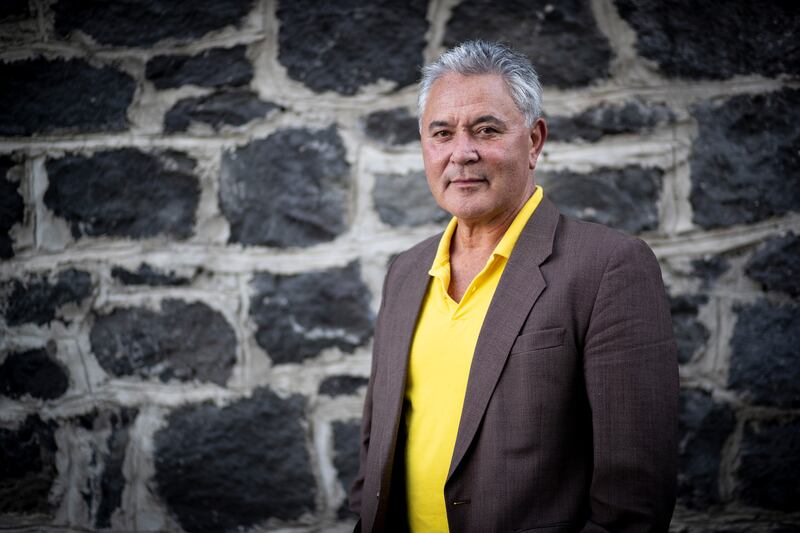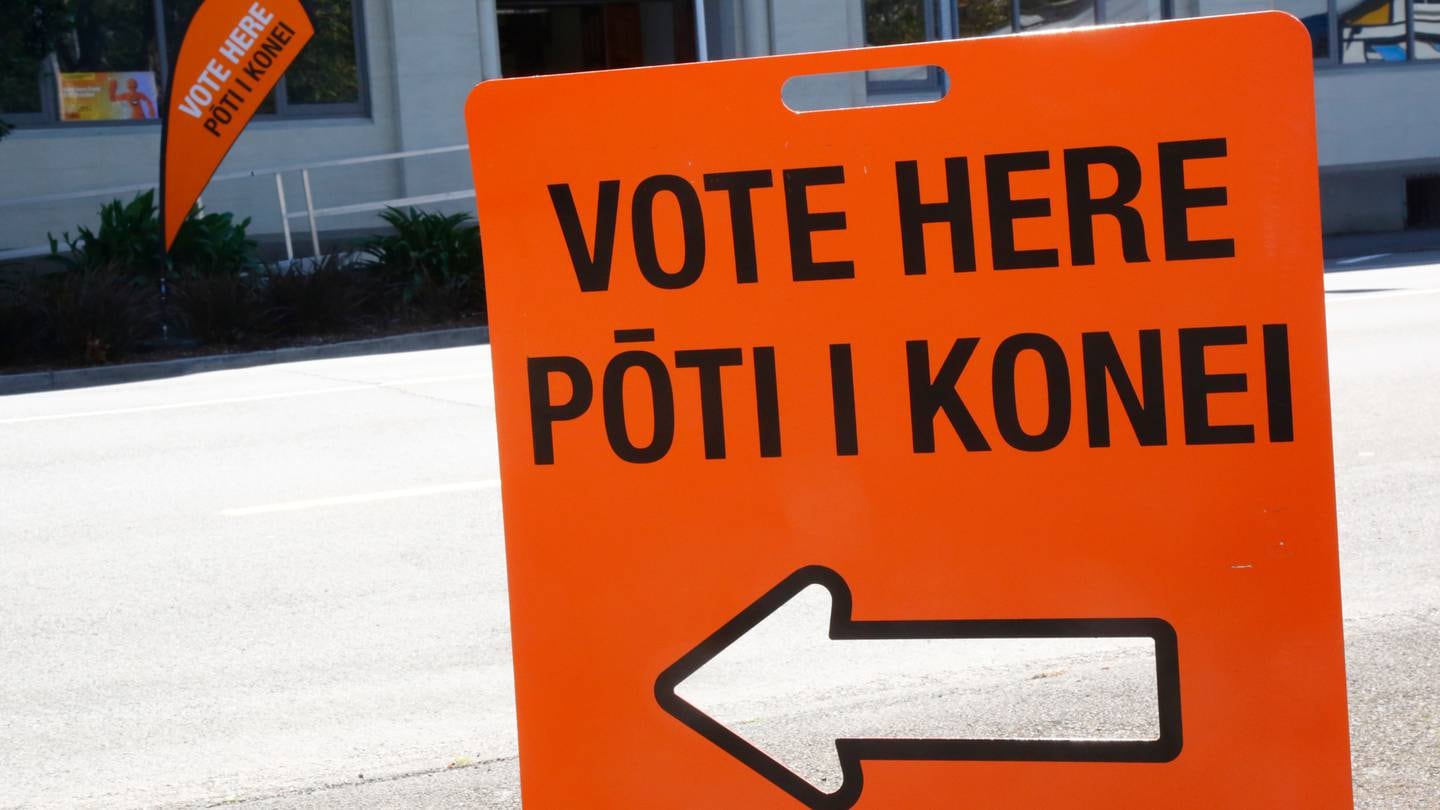Te Pāti Māori’s president, John Tamihere, has criticized the Electoral Commission for what he describes as “unacceptable” treatment of Māori voters during yesterday’s voting period.
There’s been reports on social media of long waiting times and other issues at voting stations.
“The way in which Māori voters are treated at booths is just unacceptable. No other people would be treated like that and accept it,” Tamihere stated on Newshub’s The Hui.
Despite the challenges, Te Pāti Māori secured 2.6% of the party vote, marking a 1.6% increase from the 2020 general election, and the highest vote the party’s ever secured.
Co-leaders Debbie Ngarewa-Packer and Rawiri Waititi, along with Hana-Rāwhiti Maipi-Clarke and Tākuta Ferris, secured victories in their respective seats, and only 500 votes separate Māori and Labour party candidates in Te Tai Tokerau and Tāmaki Makaurau, with special votes still to come.
Rawiri Waititi proposed establishing a separate Māori electoral commission, stating the Electoral Commission should ‘hang its head in shame.’
A report prior to Saturday’s election had already raised concerns over support for Māori voters.
Community leader Dave ‘Brown Buttabean’ Letele called the voting issues an “absolute disgrace”, saying there were instances where voters were turned away or faced hours-long waits, especially in west and south Auckland areas.

The Electoral Commission’s chief officer, Karl Le Quesne, assured that those waiting in line post-7 pm would still get their chance to vote, acknowledging staffing reinforcements at busy booths and digital electoral roll issues that were eventually rectified.
The poor weather also forced some voting stations in Waitaha / Canterbury to close.
In light of the reported irregularities, when questioned about potential electoral challenges in Tāmaki Mākaurau and Te Tai Tokerau, Tamihere responded, “We’ll look at the law surrounding the contest, not necessarily the outcome, but the process.”
The Electoral Commission provided the following response to teaonews.co.nz
The Electoral Commission has worked hard to improve services to Māori voters and this election had many voting places at kura, marae and wananga across the country, including 15 bilingual voting places. We will continue to work with Māori communities and organisations to improve services in the future.
This year the Commission also ran a campaign to raise awareness about the Māori and general rolls and how Māori voters could change rolls if they wanted to before the 2023 General Election. Thousands took the opportunity to change rolls and update their enrolment details before the deadline three months before the election on 14 July.
All our voting place staff are trained in the differences between the Māori and general rolls. They are aware that first time voters have a choice between the Māori and general rolls. Since 14 July, the Māori roll has increased by 12,287 electors. This number is both first time enrolments and electors coming back onto the main roll after updating their address details.
The Commission holds its own review after every election to look at what went well, and what we can do better to improve our services to voters. As part of that review, we will look at voting services to Māori.
After every election, an inquiry is also held by Parliament when there is an opportunity to review how things have gone, and for people to make public submissions. We welcome any feedback during that process.



